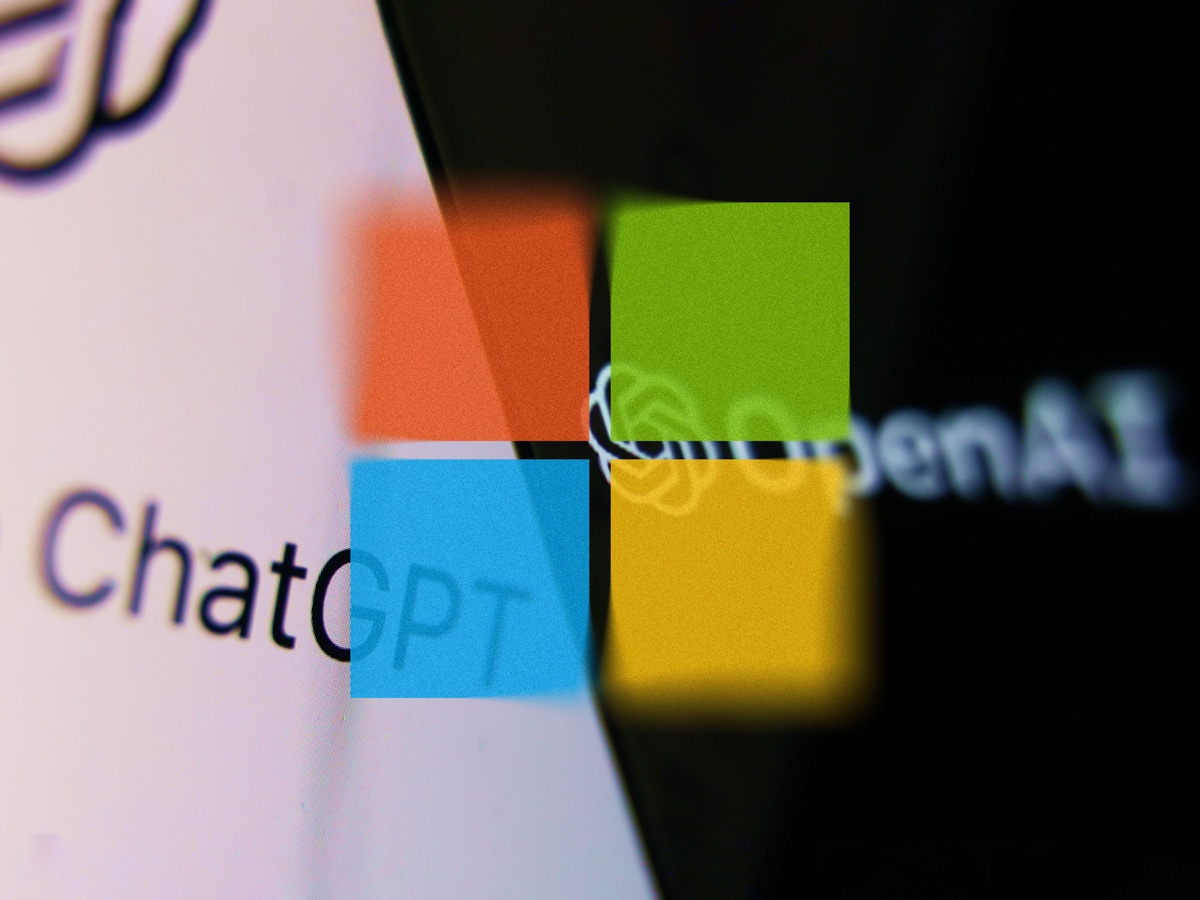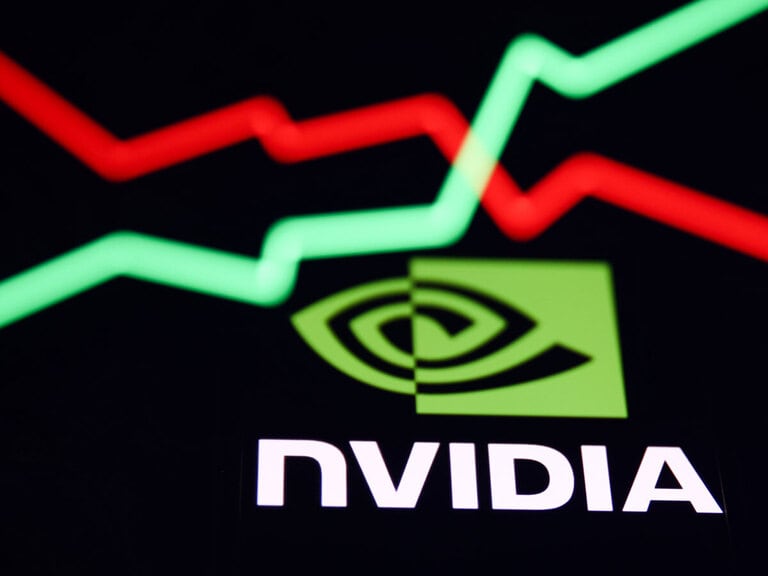Both Microsoft and Alphabet will report their earnings after the US market closing bell on 26 April. Microsoft’s shares were up 30% from its January low, while Alphabet rose 23% during the same period amid the broad rebound in tech stocks in 2023.
Being the most popular Chatbot-powered stocks and rivals, their outlooks on AI-powered searching tools will be in the spotlight. In the fourth quarter, both tech giants reported a decline in their revenue growth due to weakened demands. Hence, whether they can convince investors of their prospects in the newly growing areas, such as cloud business and Chatbot, will be key to gauging the near-term price actions.
The intensifying rival in the chatbot searching tool
The recent AI chatbot opened a new era for tech companies to compete in market shares. Microsoft’s shares jumped in late January and became the front-runner after it announced a $10 billion investment into OpenAI, whose artificial intelligence tool ChatGPT gained more than 1 million users days after it was introduced in November 2022. The investment aims to enhance Microsoft’s competitiveness with its rivals, including Alphabet, Amazon, and Meta Platforms in the cloud business.
By contrast, Alphabet’s shares lost more than 7%, or $100 billion of its market cap, on the day when its ChatGPT rival, Bard, failed to answer basic questions on a press conference early in February. On the same day, Microsoft officially announced the ChatGPT-powered searching tool, Bing. To compete in the heat-up AI battle, Alphabet plans to merge a Google Research team named Google Brain with DeepMind, which was acquired in 2014 and run as an independent unit, to build an AI-focused team. The move marks a major step after it introduced Bard to public.
It looks like Alphabet is losing its place in the AI-powered searching tool contest. But what is expected of their main business?
Microsoft
The most notable growth hurdle Microsoft faces is weakened demand in the PC markets. According to Gartner, a research firm based in Stamford, worldwide PIC shipments declined 30% year on year in the first quarter of 2023. In the Q2 FY23 earnings reports, Microsoft’s finance chief, Amy Hood, highlighted the slowdown of growth in the PC business segment and expected the PC market will contract again. Microsoft’s revenue growth was only 2% annually in the December quarter of 2022, the slowest since 2016. Its Azure+ other cloud services only grew 31%, slowing from 46% in the same quarter a year ago. Microsoft expects Azure cloud growth to slow further in the third quarter of FY23 to about 25%. The company’s guidance for the third quarter revenue is between $50.5 billion to $51.5 billion, an implied 3% year-on-year growth. Earnings per share are expected to be at $2.23 a share, which would be less than 1% growth in its profit from a year ago.
Alphabet
Alphabet missed all the segment growth expectations in its fourth-quarter earnings report, with its revenue growth only at 1%, which was the slowest since the second quarter of 2020 during the pandemic period. Weakened advertising demands were the primary issue that slowed its growth, while YouTube revenue declined further, down 8% from a year ago due to competition from TikTok. The positive note is that its Google Cloud revenue grew 32% from a year ago and cut its losses dramatically. The company said it would take a charge of between $1.9 billion and $2.3 billion in the first quarter due to the 12,000 job cuts. And it may also incur costs of $500 million relating to reduced office space. According to Zacks Consensus Estimate, Alphabet’s earnings per share are expected to be $1.06, or a 13.8% decline from a year ago. And its revenue is expected at $56.95 billion, or a 1.7% increase annually.






